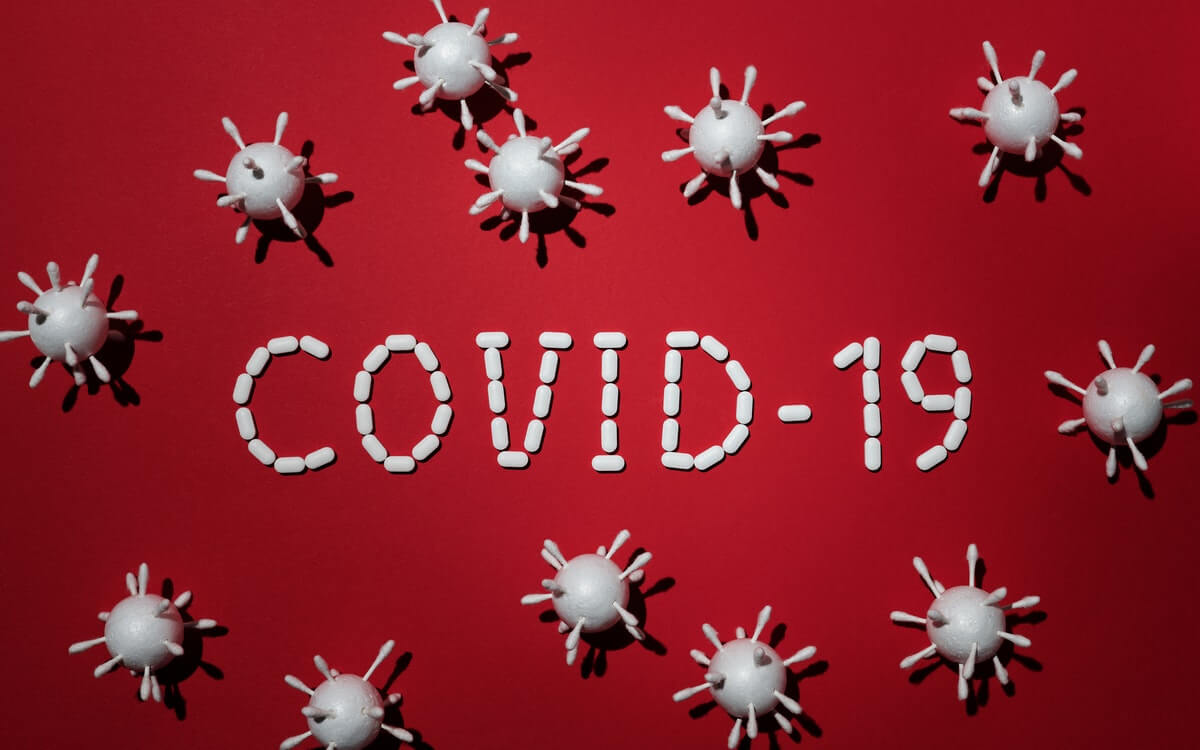
Is there a lesson that we can learn from Trump’s election victory that we can use to improve our marketing? One important thing that we do know is that almost half of the American voters voted for Trump. Why did nearly 63 million people choose him when he upset so many people? What did he know, what did he, as a political outsider, do right?
From his speeches on his campaign trail, we know that Trump talked directly to a large proportion of the population’s emotions, their needs, to their aspirations, fears and prejudices.
Two thirds of Americans do not hold a post-school qualification, many are blue-collar workers whose jobs are not secure. “I’m working harder, and I’m falling behind.’
He didn’t just endorse the people, he empathised with them, he embraced them, he talked a language that they understood. People felt that they could relate to him. They believed that the billionaire understood them, their plight.
As a populist, Trump knows how to use unsubstantiated statements and even outright lies to capture people’s hearts. When he claimed that undocumented immigrants murdered Americans in cold blood, people reacted with anger, not at Trump but at the Mexicans. “The human brain is wired for anecdote not analysis.” writes Michael Sherer of TIME magazine.
“The human brain is wired for anecdote not analysis”
What then can we learn from Trump’s campaign? because his methods clearly worked. What lessons does it hold for your marketing and sales strategy? Can you take the marketing knowledge that he uses for nefarious reasons and repurpose it to get paying customers?
First, let me ask you this: Is it reasonable to believe that a significant proportion of your audience is probably not much different from half of the American population? They are human, they also respond to appeals to their human emotions and feelings.
Trump really understands how to connect with his market and they readily buy his promises. The one-time wrestler understands what turns Americans on. The things that turn Americans on are the same things that turn your market on: relating to them, understanding their needs, solving their problems.
Ask yourself: Who is your market really? Where is your market? What are their needs, their problems? How well do you understand them? Picture them. Describe them: what are their aspirations, their challenges and anxieties? Do you really know, have you asked them, have you conducted surveys?
How does what you offer address, indeed answer their needs? And if it does, are you connecting with them through your marketing, in your communications, your advertising? Trump gets out and engages personally with his audience. He watches TV, he interacts with them on social media, sometimes tweeting outrageous statements.
As a populist, Trump turns negative publicity to his advantage, he actively courts controversy. Like Oscar Wilde, he believes that “There is only one thing in life worse than being talked about, and that is not being talked about.” It keeps him top of voters’ minds.
We are all competing for our market’s attention. If you don’t close that sale, your competitor will and you might lose that customer for ever.
Brand Trump won the marketing war by leveraging what matters most to people. You can do the same. All it takes is to know what turns your customer on and then “sell the solution to their problem, not your product.”
About the author: Rick Ed at age 60 sold his business to a younger and more energetic management team. He now educates entrepreneurs on strategic decision making and sales. Rick is a business advisor at DoBetter.Business.


